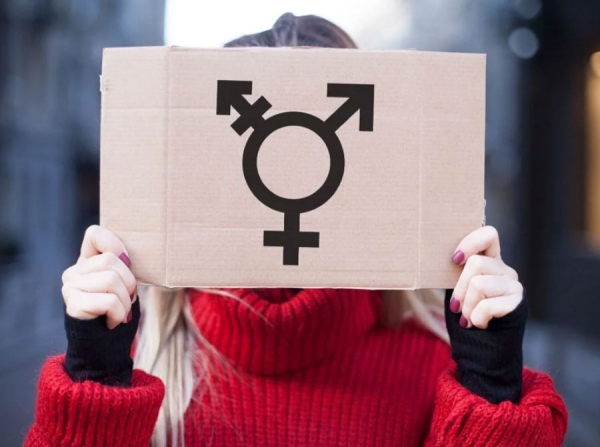The issue of using puberty blockers is being addressed

Should 10-year-olds who identify as transgender be given puberty blockers? In the United States, this issue is acute, society is polarized - Republicans insist on banning both drugs and general discussions of gender identity in schools, while Democrats are pushing for freedom in gender choice and transgender medicine. For statistics: in the United States, 300 thousand teenagers from 13 to 17 years old identify themselves as transgender.
Puberty blockers are indicated for children before puberty occurs to stop it. They suppress the production of the hormones estrogen and testosterone, which develop the reproductive system. Boys do not develop hair on their face and body, their voice does not break, and their penis does not develop. Girls do not grow breasts and do not menstruate.
Blockers are prescribed to children ages 10 to 13 who are depressed due to a discrepancy between their gender identity and the sex assigned at birth. They help improve mental state and facilitate subsequent transition to the other sex. During this pause, the child decides which body he wants to live in next, and he is prescribed hormonal medications.
Injections of puberty blockers are given monthly or every three months for several years, or an implant is placed under the skin that needs to be changed every 12 months. When the drugs are discontinued, puberty will resume. But not without consequences for the child’s health. The medications affect bone density and development (high risk of fractures), as well as future fertility (the penis may not develop). It is possible that the child will never fully recover and will lag behind his peers in physical development.
In progressive Holland, puberty blockers began to be given 30 years ago (by the way, marijuana was allowed there earlier than in the USA), so no one yet knows how this affects the length and quality of life. The first trans person to undergo this treatment became a man and was very grateful for the chance to feel good. But there were other cases: the girl took blockers, then at 16 she decided to have hormone therapy and breast removal, and at 18 she already wanted to return to her original gender. I quote her: “I would like to be asked more questions, so that I would not be so confidently sent into transition, but would be told all the ways to cope with the discomfort of puberty.” She sued the British clinic, but lost the case.
However, many believe that puberty blockers are a lifesaver for young transgender people, but just as many equate the use of these drugs with child abuse.
Author: Yunia Pugacheva



